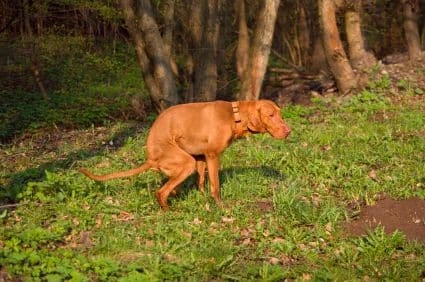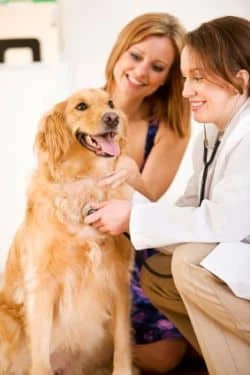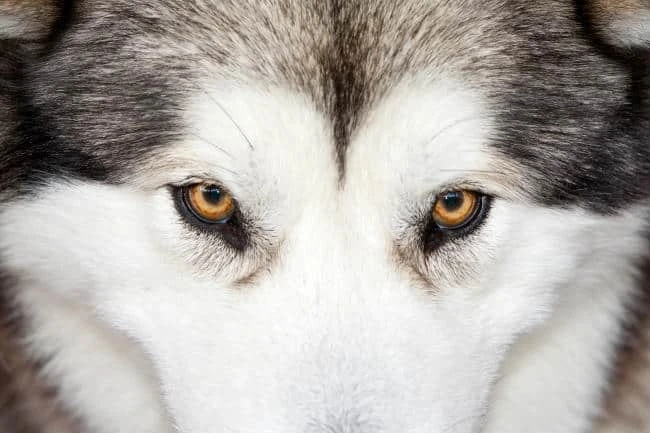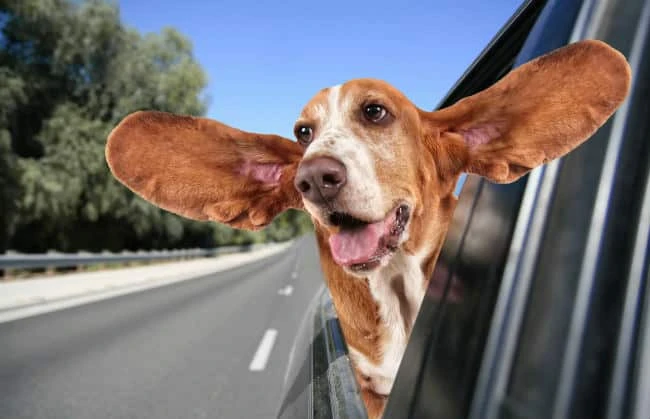Roundworms in Dogs, Worms in Dog Stool, Symptoms of Worms in Dogs

Roundworms in Dogs
Roundworms in dogs and puppies can grow to a length of six inches and resemble cooked spaghetti. In is not uncommon to see the worms in a dog stool or even in vomit.
The parasites live inside your dog’s small intestine and feed on your dog’s tissue and bodily fluid. These nasty little parasites can cause a variety of symptoms and can even be life threatening.
It is a little known fact – but humans can also be infected by roundworms.
There are two types of Roundworms (Hookworms and Ascarids) and your dog or puppy can be infected with either type…
The Cause of Roundworms in Dogs
- There are a variety of ways that dogs and puppies can be infected with Roundworms but the most common way is for a puppy’s mother to pass the parasites through her milk. This is due to the larvae infecting the mother’s mammary glands then the larvae will be passed via the milk when the puppy next feeds. In fact 95% of all newly born puppies are infected with Roundworms.
Why not ask a Vet – just fill out the box below and get access to Vets 24/7…
- After a period of time the eggs will pass through your puppy or dog’s body where they will either infect your dog’s respiratory system or your dog’s liver. Roundworms in dogs can live in most organs but if the bodily tissues become infected they can live in your dog or puppy for many years.
- If your puppy has the larvae in it’s body – quite a common thing to happen is for the larvae to be coughed up and the swallowed back into the digestive system. When the larvae have entered the digestive system they will mature into adults and then may be passed out as worms in a dog stool.
- The larvae are also sometimes found in pregnant dogs – in the uterus – the worms will then be passed via the placenta.
Symptoms of Roundworms in Dogs

The symptoms of Roundworms in dogs can vary depending on…
- The age of your dog.
- How mature the worms have become.
- Where the worms are located in your dog’s body.
- Some very young puppies will exhibit very serious symptoms and the younger your puppy the more serious the symptoms. It is also not uncommon for some older dogs to develop and build up a resistance to the parasites so there may not be any symptoms at all.
- If the parasites have infected the intestines then your dog or puppy may show the following symptoms including…
- Pain in the stomach
- The hair may lose it’s glossy appearance or may appear dull.
- Weight loss is another symptom
- You may notice that your dogs stomach has become bloated.
- Diarrhea
- Your dog may start vomiting – you may even see worms in the vomit.
- As previously mentioned you may see worms in each dog stool.
- Roundworms in dogs can also cause anemia and it has been known for the worms to rupture a dog’s bowel.
- If the larvae or parasites have moved into the respiratory system then your dog or puppy may show the following symptoms including…
- A nasty cough
- Your dog or puppy may develop breathing problems.
- In very serious cases the Roundworms can cause canine pneumonia.
Diagnosis & Treatment for Roundworms in Dogs
Diagnosis…
The diagnosis of this condition in dogs or puppies may involve your vet examining a a stool with a microscope to see if any worms are present.
If your dog or puppy is vomiting then the vet may examine the vomit to see if any worms are present.
Treatment…
Conventional treatment for Roundworms in dogs will normally involve…
- De-worming medication – this may only kill some of the worms and not the larvae so you will need to regularly de-worm your dog or puppy…a word of caution – always speak to your vet and only use treatment that is specifically advised by your vet as some de-worming products can be toxic.
- The most common de-worming products prescribed by vets medications that use pyrantel pamoate.
- De-worming is normally done in three weekly intervals and the vet will then follow up with a fecal laboratory examination.
Alternative Treatment..
If your vet is not overly concerned as the case is either not serious or that advanced – speak to your vet about alternative treatments including…
- Vitamin A – as this may be sufficient in getting rid of the worms.
- Homeopathic remedies such as Cina as this is thought by some people to be good at preventing and even getting rid of the Roundworms.
As always – please don’t use any treatment on this page until you have spoken to your vet.





